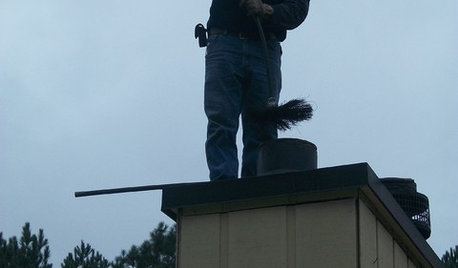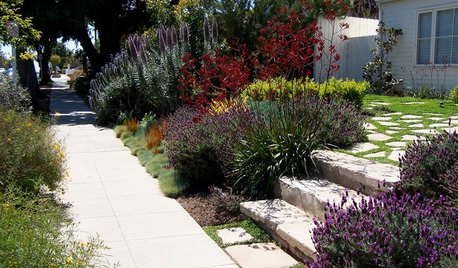There is often debate over whether it's necessary to filter a pond, and always a few people who claim they have great luck with letting the pond "go natural" with no human interference. A man-made pond, though, is not a natural environment, and will only benefit from some form of filtration or at least aeration. Filtering keeps the water cleansed of organic wastes that can cause cloudy, smelly, murky, or even toxic water. It simplifies maintenance, conserves water by cleansing and recycling it, and can help create "gin-clear" water that allows optimal viewing of the pond and its inhabitants. If you plan on creating a water garden and keeping only plants in the pond, you should be able to get away with little or no filtration, depending upon the type and number of plants you grow. A small pump used with a spitter, fountain, waterfall, or similar feature, should create enough movement to keep the water from stagnating, and diligence in keeping dead plant life from accumulating in the water will help maintain water clarity. However, most people find that, once they've created the pond, they want to add fish, and this is when filtration becomes vital.
The more fish you have, the more filtration is necessary to keep the water and the fish healthy. Fish produce ammonia from both their gills and kidneys. Ammonia is also produced from other organic matter decaying in the pond. Whatever the source, ammonia is toxic to fish and must be removed from the water. Frequent water changes and ammonia binding water conditioners will help temporarily, but the addition of a biological filter is the best and easiest way to deal with this toxin.
Briefly, a biofilter works by creating a suitable living environment for certain types of bacteria which do the cleaning for you. As pond water is slowly pumped though the biofilter, Nitrosomonas bacteria consume the ammonia, turning it into nitrites (which are also harmful to fish.) Nitrobacter bacteria then oxidizes the nitrites into nitrates, which become food for the plants in your pond. Although these "good bacteria" are present on every surface in your pond, they are not usually there in large enough numbers to reliably cleanse the water of these compounds that are so deadly to fish, and so biofiltration is strongly recommended when there are fish in the pond. Mechanical filtration (that which removes solid waste) is always beneficial, but simply keeping the water clear of solids does not guarantee fish-safe water. Ammonia and nitrites can not be seen except through the use of water test kits. Ideally, water will first pass through some type of mechanical filter that removes solids prior to entering the biofilter, where the toxic compounds are oxidized to nitrates and sent back to the pond where the nitrates will be absorbed by the plants therefore keeping the pond healthy for both your fish and plants. These beneficial bacteria cease to function at temperatures below fifty degrees, so running the biofilter all winter is futile if you're in a cold winter area. The fish will not be eating and producing their usual amount of waste during the winter, so the biofilter will not be needed anyway. Once the autumn temperatures are below 50 degrees Fahrenheit, clean and store the biofilter until spring returns. If you're lucky enough to live in a warm climate, it should be kept running year round. Start the filter up again in the spring as the temperatures get into the upper 40s to low 50s. The nitrogen cycle takes about four to six weeks to establish once the bacteria begin colonizing in the warmer temperatures, so be diligent about testing your water for ammonia and nitrites if the fish are eating. It would take far too many pages to describe here all the types of filters available. Research and ask questions of more experienced ponders, and join several of the informative forums on the Internet. Do not always believe a manufacturer's advertisements, and if tempted to buy something being touted by a salesperson, research it before making an investment. There are many plans for do-it-yourself filters that are simple to make, produce excellent results, and are much less expensive than most of the commercial filters available. And remember - you can never have too large a biofilter!
Ronaye, Steve and David













Related Discussions
How and When do I start winterizing my S.W. Michigan pond?
Q
here is how i made a effective bio filter for my pond for cheap
Q
When should I start/stop feeding my fish?
Q
Need help for my green, but, now empty pond...with NO filter
Q